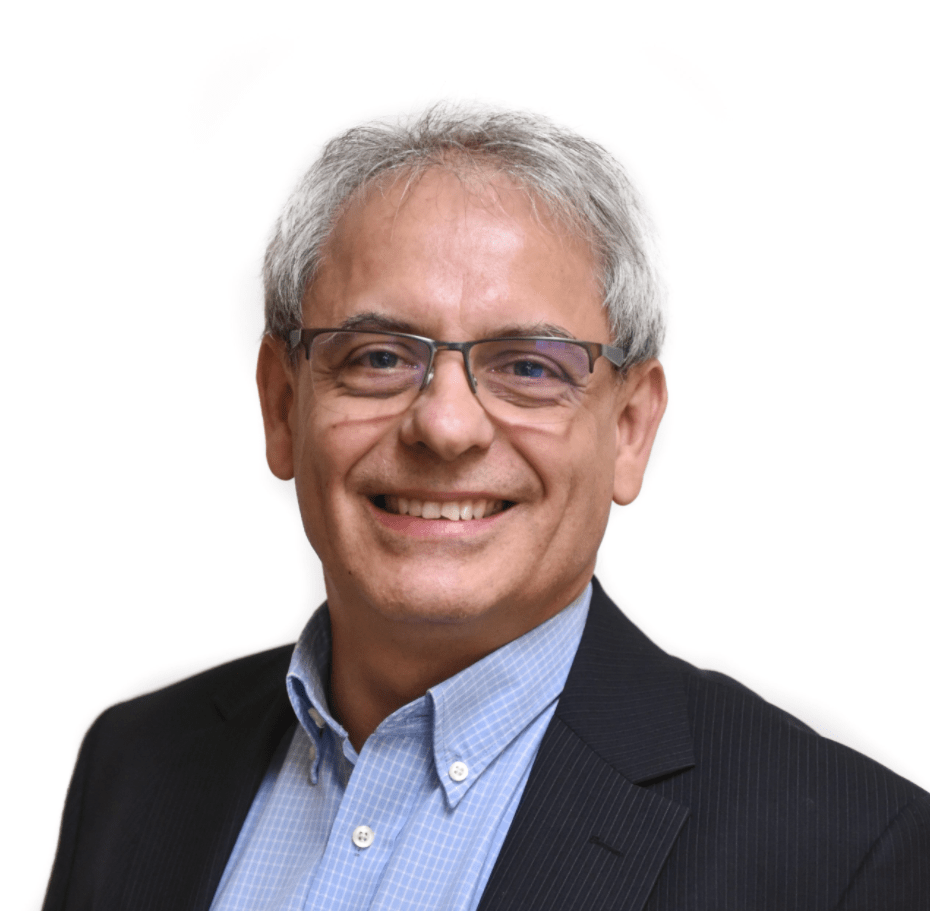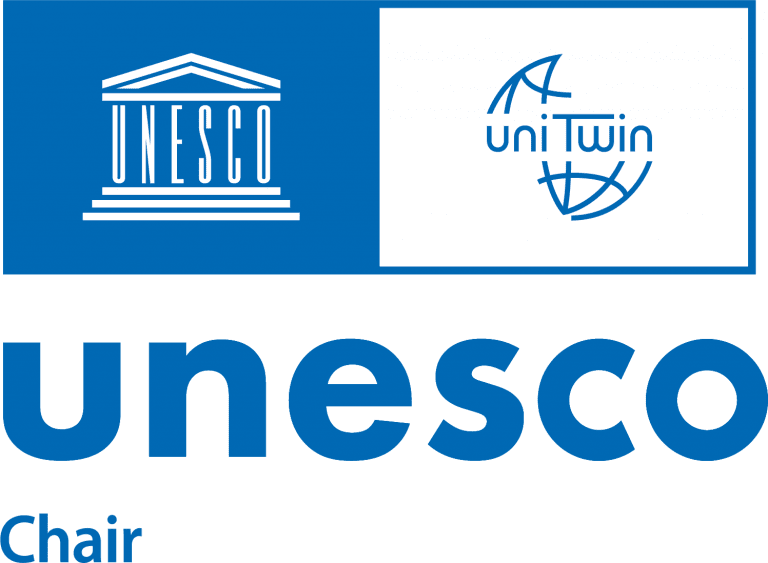Speakers
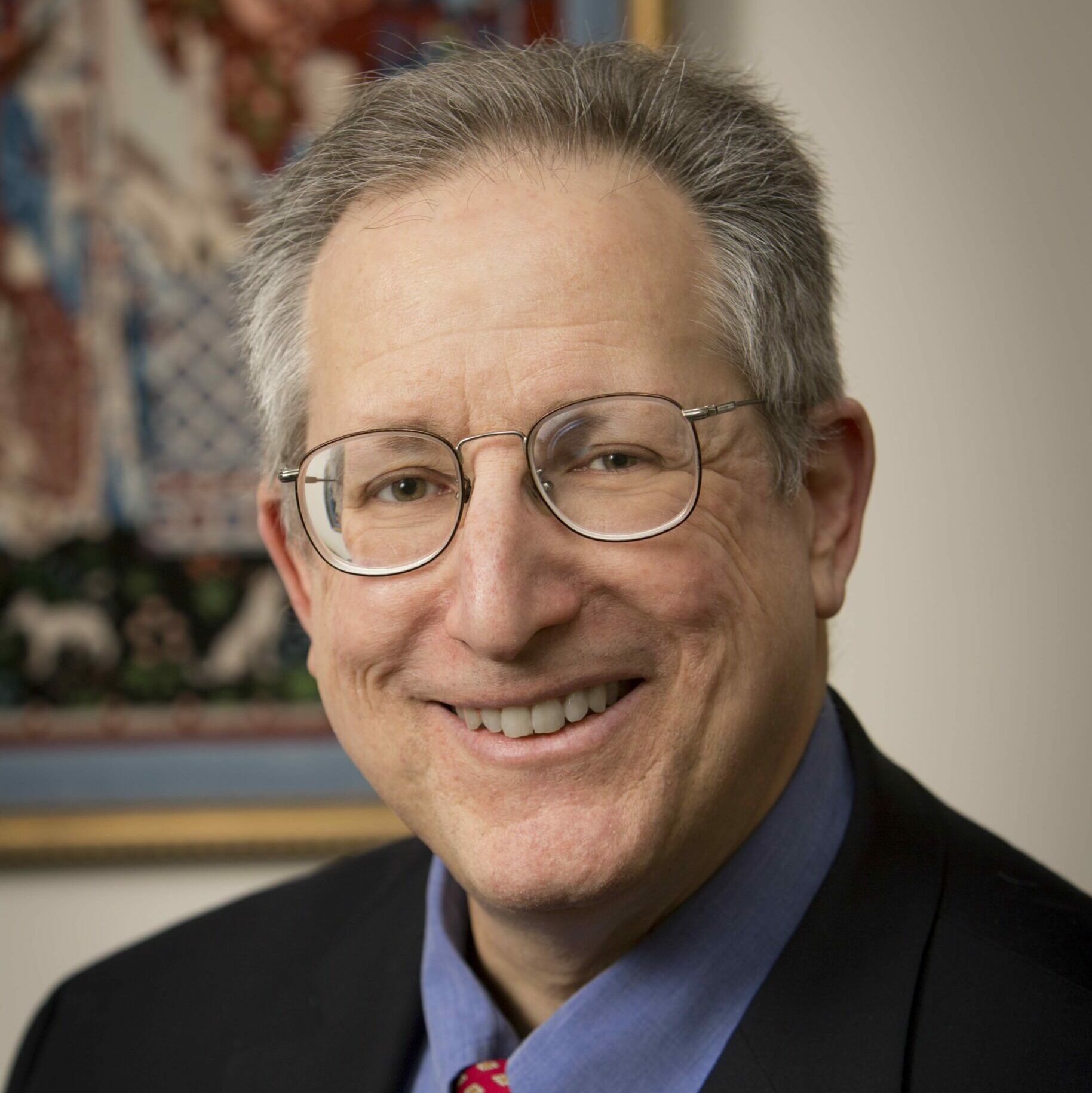
Jack M. Balkin
He is the founder and director of Yale’s Information Society Project, an interdisciplinary center that studies law and new information technologies. He also directs the Abrams Institute for Freedom of Expression, and the Knight Law and Media Program at Yale. He received his Ph.D. in philosophy from Cambridge University, and his A.B. and J.D. degrees from Harvard University. He served as a clerk for Judge Carolyn D. King of the United States Court of Appeals for the Fifth Circuit and practiced as an attorney at Cravath, Swaine, and Moore in New York City before entering the legal academy. He has been a member of the law faculties at the University of Texas and the University of Missouri-Kansas City, and a visiting professor at Harvard University, New York University, the Buchman Faculty of Law at Tel Aviv University, and the University of London.
Lawrence Lessig
Lawrence Lessig is the Roy L. Furman Professor of Law and Leadership at Harvard Law School, prior to which he founded the Center for Internet and Society at Stanford Law School and taught at the University of Chicago. Founder of Equal Citizens and a founding board member of Creative Commons, Lessig serves on the Scientific Board of AXA Research Fund and has received numerous awards including a Webby, Free Software Foundation’s Freedom Award, Scientific American 50, and Fastcase 50 Awards. Cited by The New Yorker as “the most important thinker on intellectual property in the Internet era,” Lessig’s current work addresses “institutional corruption”—relationships which, while legal, weaken public trust in an institution—especially as that affects democracy. Lessig holds undergraduate degrees from the University of Pennsylvania, an MA in philosophy from Cambridge University, and a JD from Yale.
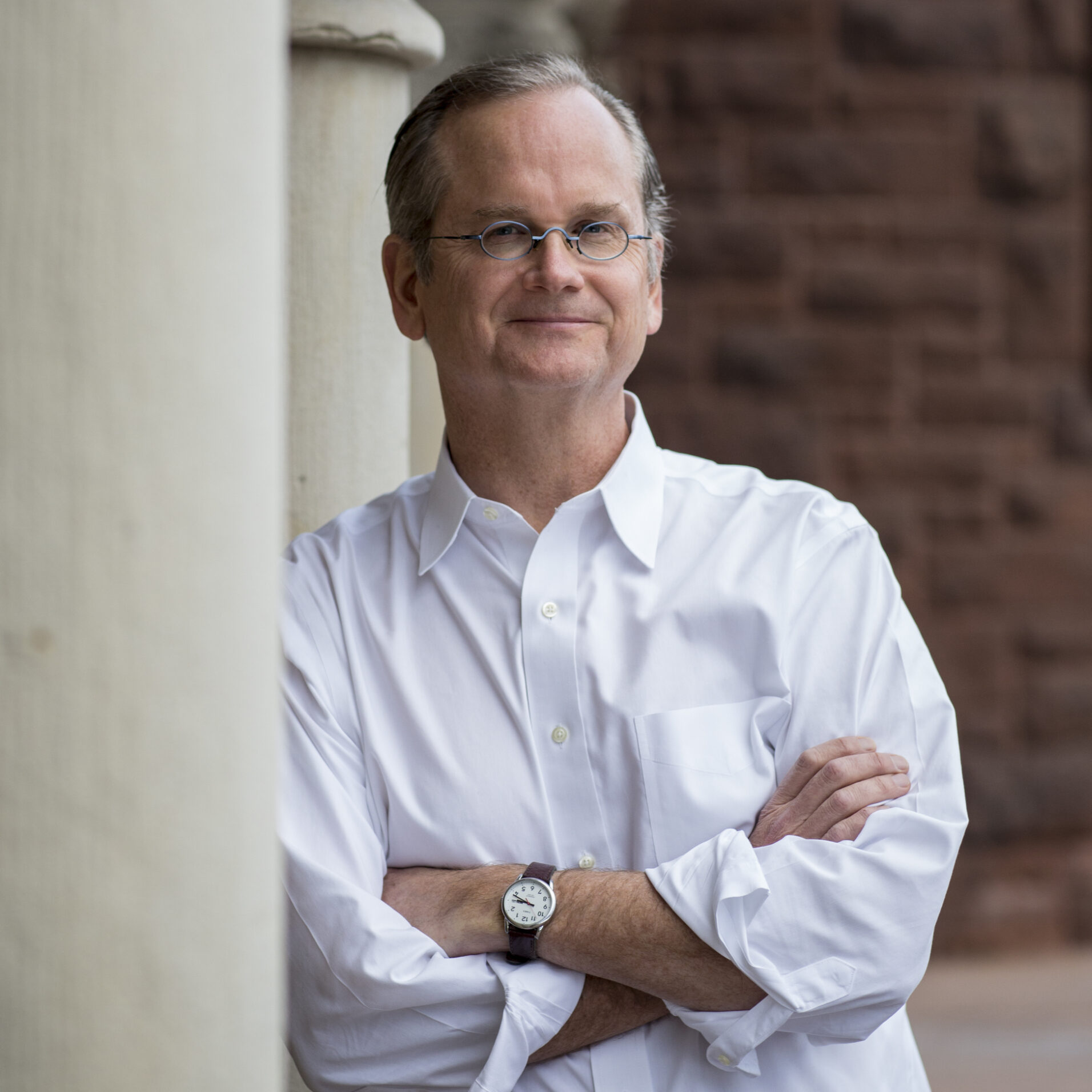
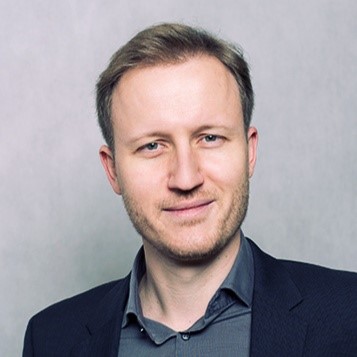
Ľuboš Kukliš
He is Chief Executive at the Council for Broadcasting and Retransmission of Slovakia and Chair of the European Platform of Regulatory Authorities (EPRA). In 2018 and 2019, he was Chair of European Regulators Group for Audiovisual Media Services (ERGA) and currently leads ERGA’s work on disinformation. Ľuboš frequently speaks at public events and cooperates with international organizations on possible solutions on topics such as the spread of disinformation, protection of minors in the online space, or regulation of new media. He is a lawyer by training and holds PhD in Administrative law.
Oreste Pollicino
Oreste Pollicino is Full Professor of Constitutional Law and Internet Law at Bocconi University where he is also director of the Bocconi LL.M in Law of Internet Technology and co-director RULES Bocconi Research Centre Baffi-Carefin. He is co-founder and partner of DigitaMediaLaws counselling. He is Italian Member of the Managing Board of the European Agency for Fundamental Rights, Independent Expert at the Global Partnership for Artificial Intelligence (GPAI), Member of EU Commission Sounding Board of the Multistakeholder Forum on disinformation. Oreste is also editor-in-chief of the law reviews “MediaLaws” and “Diritti Comparati”. He has extensively published in the field of constitutional law, comparative constitutional law, European law, and Internet law.
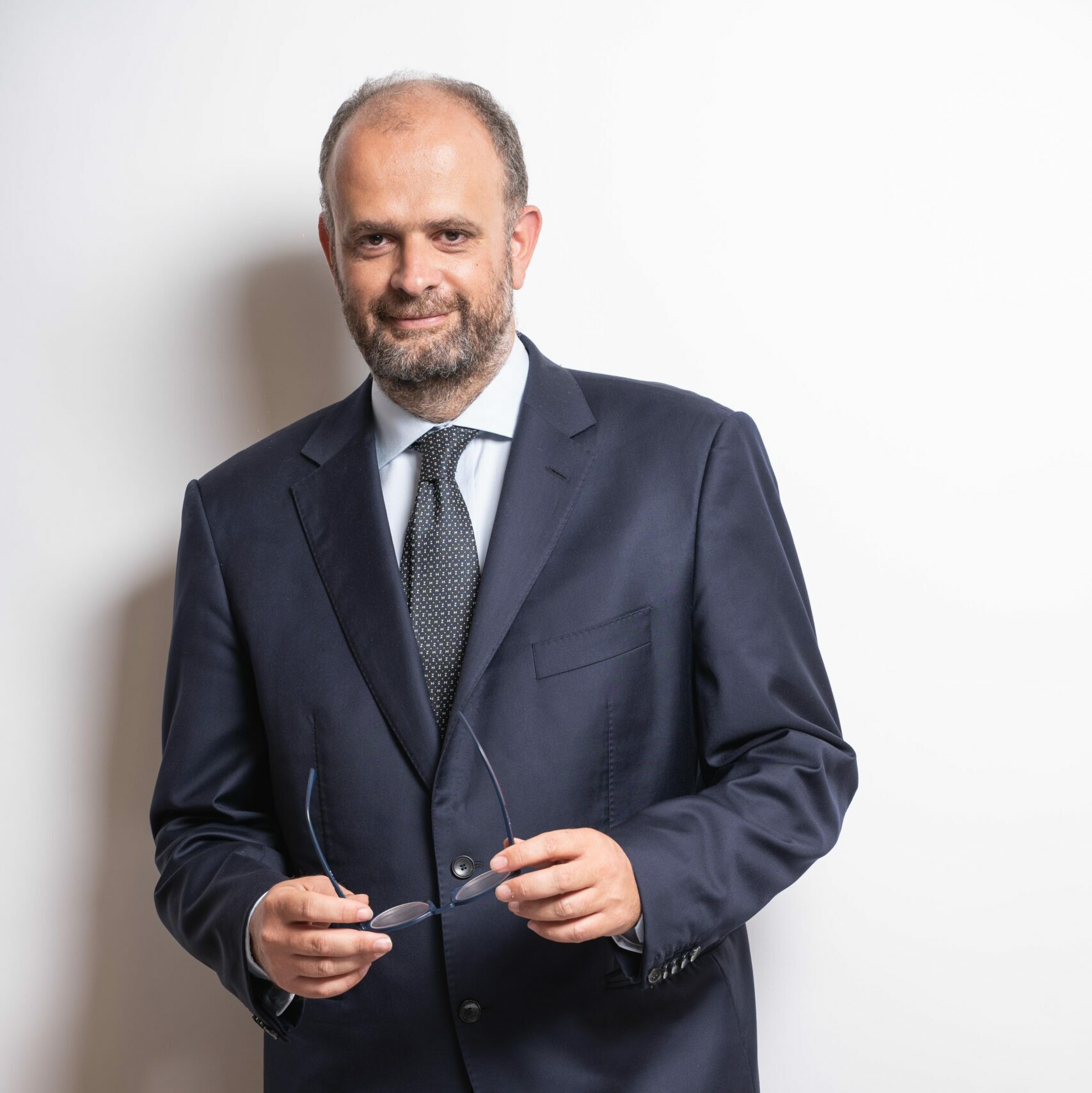
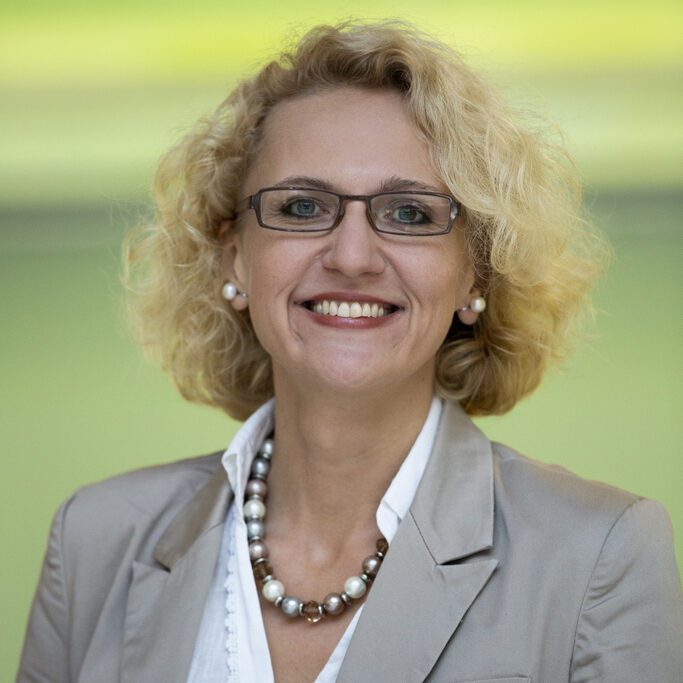
Joanna Kulesza
Joanna Kulesza, PhD is a tenured Professor of Law and teaches International Law, Internet Governance and Media Law. Currently serving as a scientific committee member for the Fundamental Rights Agency of the European Union and for the At-Large Advisory Committee of the Internet Corporation for Assigned Names and Numbers, she successfully combines academia with policy work. Since 2020 she co-chairs the Advisory Board of the Global Forum on Cyber Expertise, working on cybersecurity capacity building. Professor Kulesza aside from her primary academic involvement with the University of Lodz, has been serving an expert on human rights online for the Council of Europe and European Commission. She has been a visiting professor with the Oxford Internet Institute, Oslo University, Justus-Liebig-Universität Gießen, and Westfälische Wilhelms Universität Münster. She is currently working on various research projects focused on privacy and cybersecurity. From 2010 until 2018 she served as Membership Committee Chair for the Global Internet Governance Academic Network (GigaNet). She often engages with various NGOs working on cybersecurity and human rights.
Uta Kohl
Uta Kohl is Professor of Law at the University of Southampton, with an interest in internet and corporate governance. She has written widely on regulatory shifts triggered by the rise of global digital networks, notably the monograph Jurisdiction and the Internet: Regulatory Competence over Online Activity (CUP, 2007) or recently the edited collection Data-Driven Personalisation in Markets, Politics and Law (CUP, 2021).
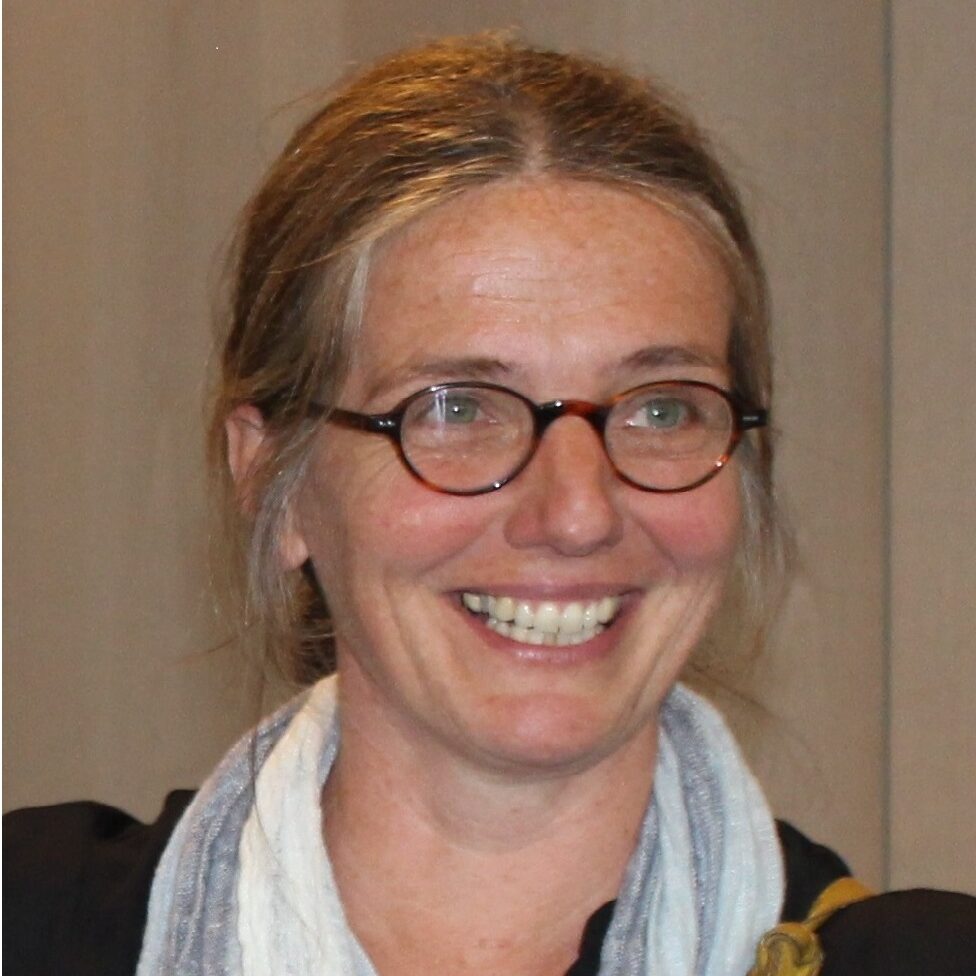
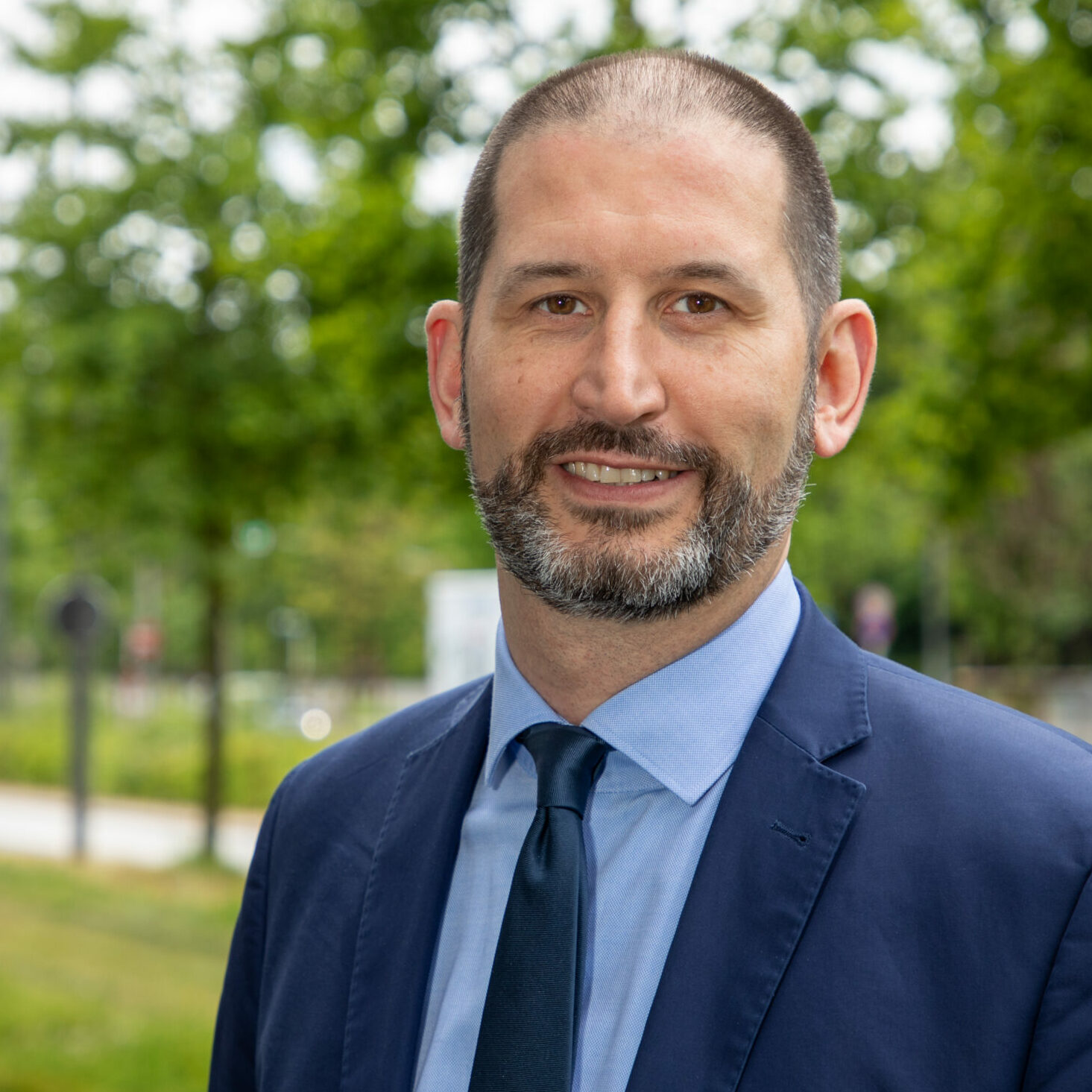
Mark D. Cole
Mark D. Cole is Professor for Media and Telecommunication Law at the University of Luxembourg since 2007 and Director for Academic Affairs at the Institute of European Media Law (EMR) in Saarbrücken since 2014. He specialises in European and Comparative Media Law, covering the whole range of the regulatory framework for both traditional mass media as well as the law of the new information technologies which includes data protection and intellectual property law. Mark D. Cole is co-editor of the publications “Rundfunkstaatsvertrag/ Jugendmedienschutzstaatsvertrag – Heidelberger Kommentar”, “Europäisches und Internationales Medienrecht” as well at the forthcoming commentaries “The EU Audiovisual Media Services Directive – Comparative Commentary on the AVMSD and National Implementation” and the “General Data Protection Regulation (GDPR)”.
David Mangan
Prior to entering academic work, he practised as a lawyer in Canada and held consulting positions. Since obtaining his Ph.D. from the London School of Economics, David has held academic positions in Canada and the UK where he was Associate Professor and Deputy Associate Dean (International). His research focuses on labour/employment and obligations (contract, tort), particularly the effect of information technology on these areas. David’s work has been published in Europe, Canada, the United Kingdom and the United States. He is a member of the Editorial Board of the European Labour Law Journal. David regularly contributes to the Wolters Kluwer blog Regulating for Globalization. He is an Adjunct Professor at Osgoode Hall Law School (Professional Development) in Toronto and at Université Catholique Lyon, Faculty of Law. David holds the following qualifications: B.A.(Hons), B.Ed., J.D., LL.M., Ph.D., barrister and solicitor (Canada).
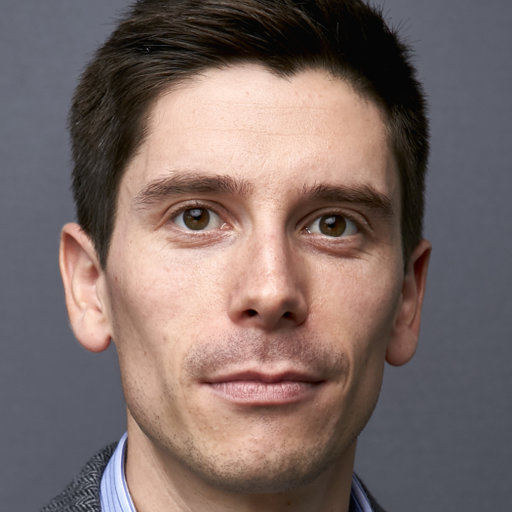
Peter Coe
Peter Coe is a member of the School of Law at the University of Reading, where he specializes in Media Law. His research interests include: (i) the impact of citizen journalism, and the internet and social media, on free speech, media freedom/regulation and intermediary liability; (ii) defamation and the protection of corporate reputation; (iii) media power and plurality, the role the media plays within society and its impact on democracy. Since August 2019 he is the Editor-in-Chief of Communications Law, one of the leading specialist journals devoted to media and technology law. He also sits on the International Editorial Boards of In Medias Res and the International Journal of Communication and New Technologies Law. He is an Academic Associate Member of East Anglian Chambers, a consultant lawyer for Anthony Collins LLP, and a Senior Fellow of the Higher Education Academy. From 2017 to 2020 he was a member of the Executive Committee of the Society of Legal Scholars, and in 2020 he became the Convenor of the Society’s Media and Communications Law subject section.
András Koltay
Dr. András Koltay is the rector and professor of the National University of Public Service (Budapest). He has been a lecturer at Pázmány Péter Catholic University Faculty of Law and Political Sciences in Budapest, Hungary since 2002. In 2018, he was appointed as professor of law. He received LL.M. degree in public law at the University College London in 2006, and PhD degree in law at the Pázmány Péter Catholic University in 2008. He attended the human rights course of the International Institute of Human Rights in Strasbourg in 2003. His principal research has been concerned with freedom of speech, personality rights and media regulations, but he also deals with other constitutional questions. He is the author of more than 350 publications, and numerous monographs on freedom of speech; in English: Freedom of Speech – the Unreachable Mirage (Wolters Kluwer 2013), The Troubled Relationship between Religions and the State. Freedom of Expression and Freedom of Religion (Whitelocke 2017) and New Media and Freedom of Expression (Hart 2019). He was a speaker in more than 125 conferences in several countries.
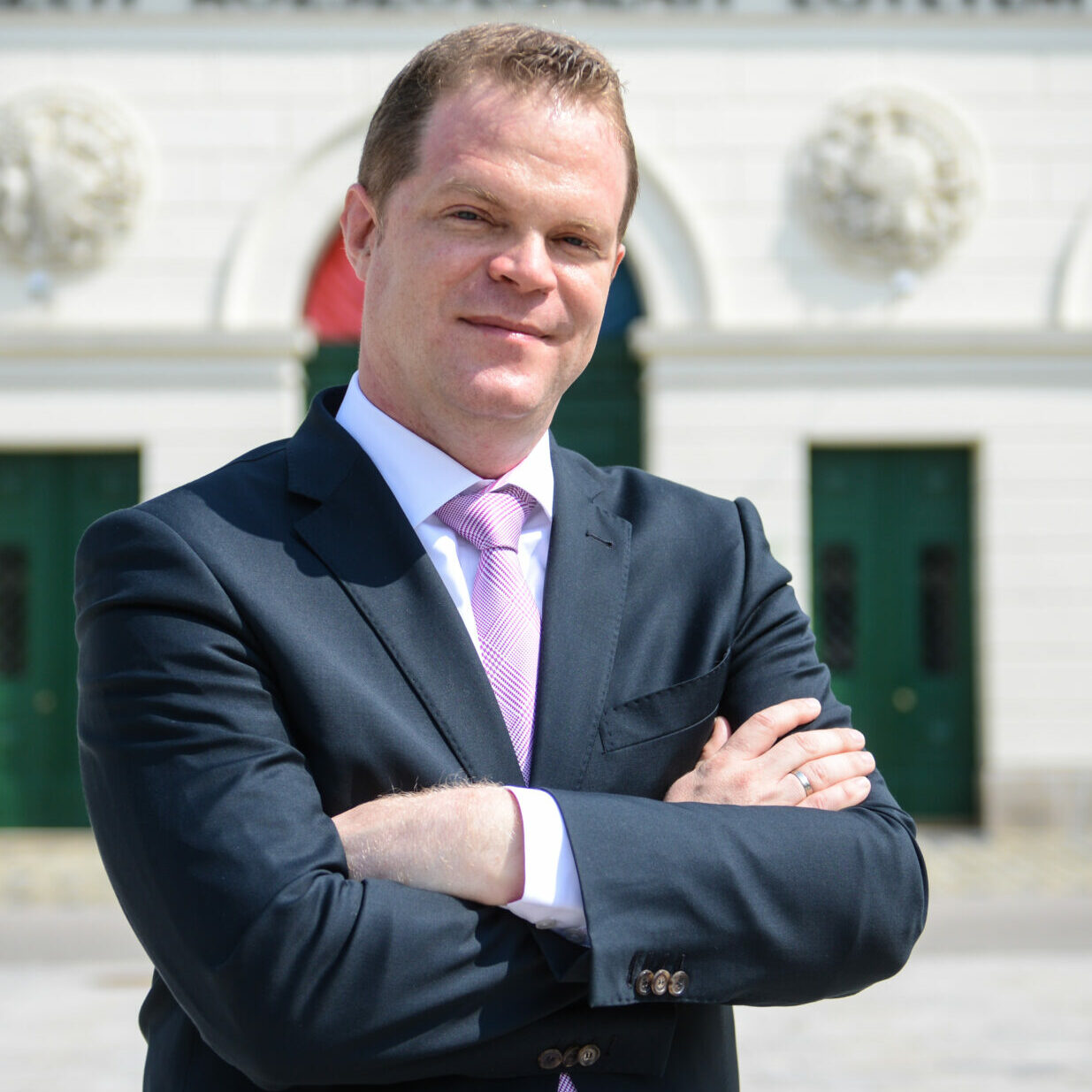

Aniko Grad-Gyenge
Dr. habil. Aniko Grad-Gyenge Ph.D. is the Vice-Dean for Science and Innovation Affairs at the Budapest University of Technology and Economics and Head of Business Law Department at the same institution. Between 2015-2017 she was the Head of the Department of Civil and Roman Law at the Károli Gáspár University. Since 2010 she also works as a legal advisor at ProArt Hungarian Copyright Alliance. Between 2003-2010 she led the unit of the Consumer Protection, Copyright and Industrial Property Unit at the Ministry of Justice and the Law Enforcement EC Law Department. Between 2006-2009 she was the head of research of the Infocommunication Law Centre of the Hungarian Academy of Sciences Institute for Legal Sciences. As an expert on copyright law, she is active in several organizations, since 2016 she is the Vice President of the Hungarian Copyright Forum Association, she is a member of the Hungarian ALAI Group and the Hungarian Copyright Expert Board and the Hungarian Copyright Forum Association. She defended her PhD thesis in 2009 and earned her habil. degree in 2015 with her thesis titled ‘Audiovisual archives – with a special regard to the copyright and media law rules.’ She is the author of 199 publications and her works were cited by 367 sources.
Anett Pogácsás
Anett Pogácsás is an associate professor at the Faculty of Law and Political Science of the Pázmány Péter Catholic University, coordinator and lecturer at the PPCU Doctoral School. She has been a member of the Hungarian Copyright Expert Board since 2010 and a researcher at the Institute of Media Studies of NMHH until 2013. He earned his PhD in 2017 in the field of copyright law. He is a member of several copyright scientific organizations (ALAI, MIE, MSZJF) and the editorial board of the journal In Medias Res. Her copyright and media law publications are available here.
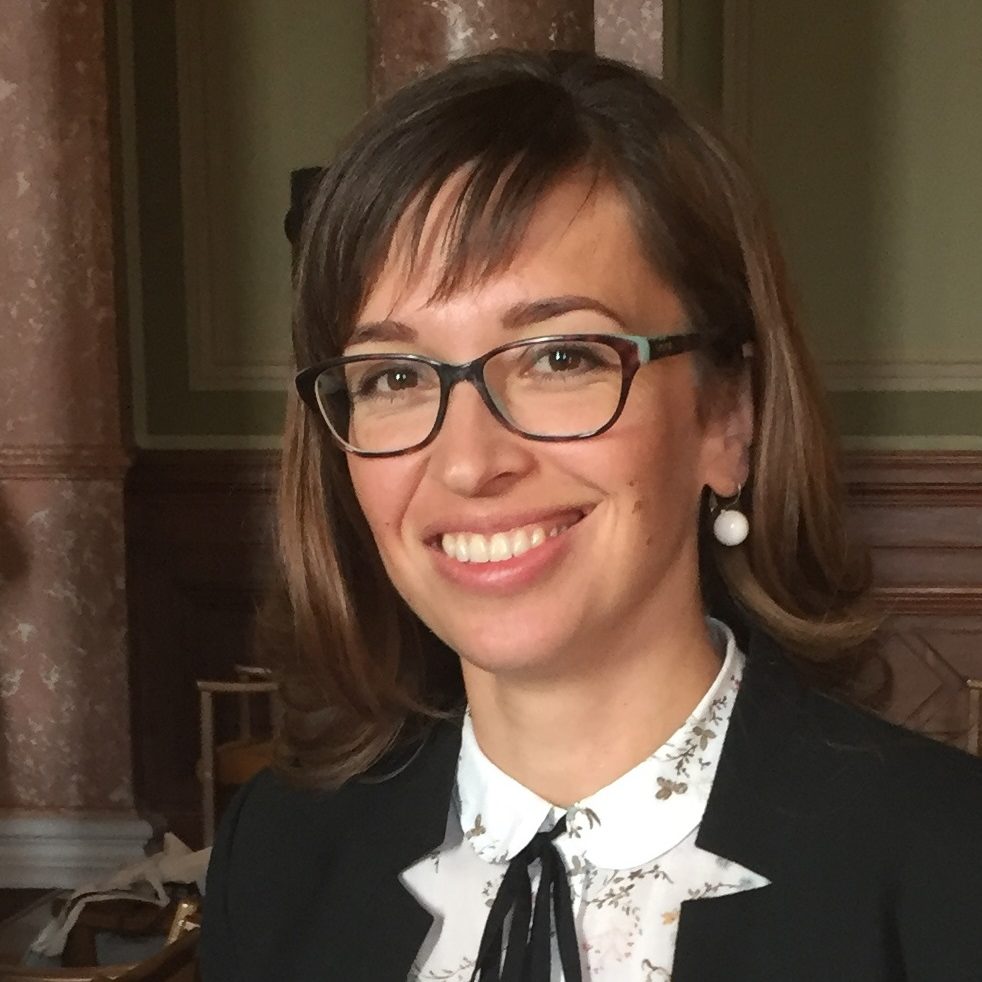
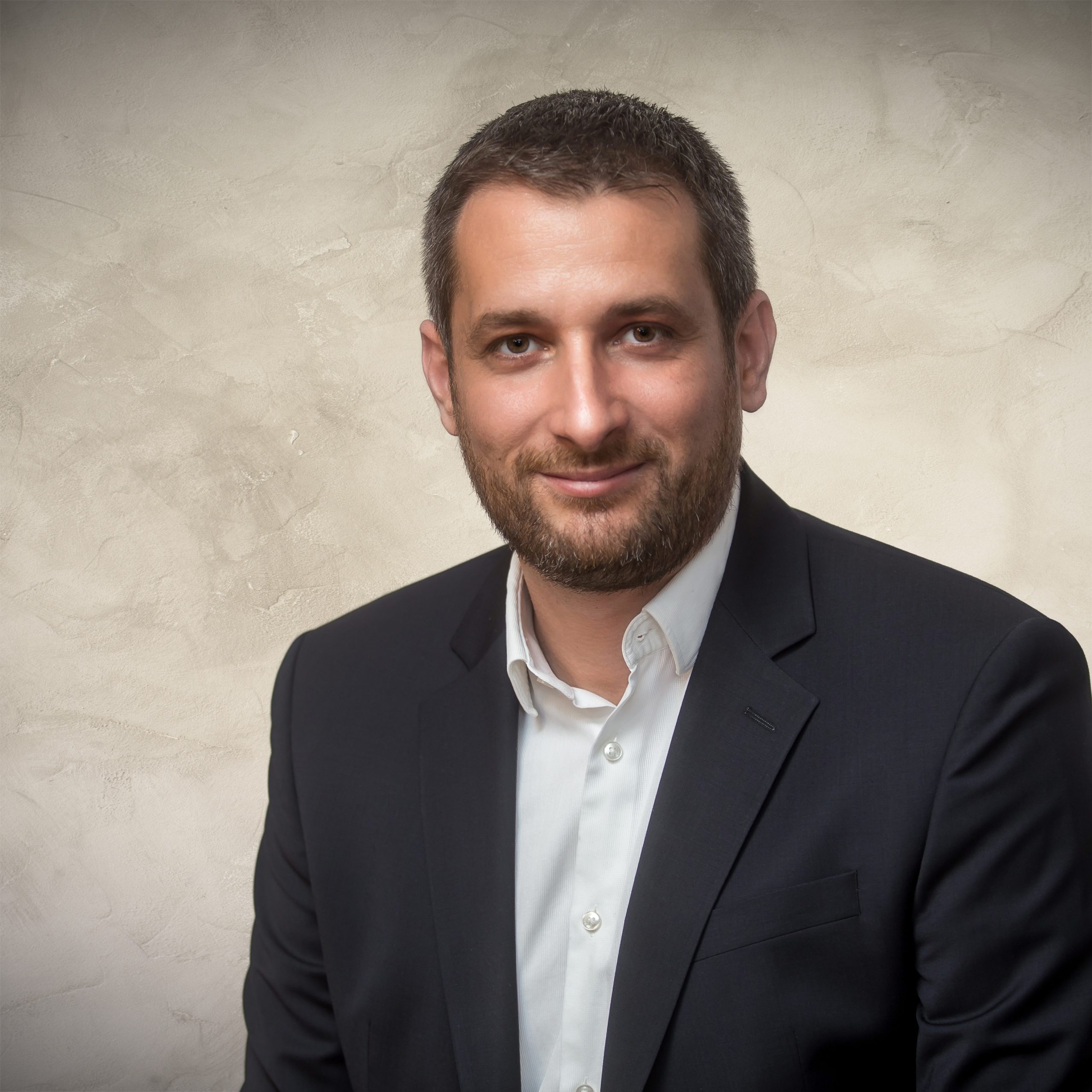
Bernát Török
Bernát Török graduated in law from the Pázmány Péter Catholic University (Budapest) in 2003. First he worked as a lawyer at the National Radio and Television Committee, then he was chief counsilor at the Constitutional Court of Hungary between 2010 and 2018. In 2016-17, he worked as a visiting scholar at Yale Law School (New Haven, CT, USA). He earned his PhD in constitutional law. He is an associate professor of constitutional law and head of the Institute of the Information Society at the University of Public Service – Ludovika (Budapest). His research interests include freedom of speech and fundamental rights in the information society.
Zsolt Ződi
Zsolt Ződi (53) was graduated as a lawyer in 1991. He started to work as a lecturer in University of Miskolc Law School. In 1996 he left the academia and worked as a publishing professional in different positions in legal publishing companies until 2011. In 2012 he earned a PhD in legal informatics and returned to the academia. Since then, he worked in University of Miskolc, Eötvös Loránd University Budapest, and Corvinus University Budapest teaching legal theory and infocommunication law. He acted as an advisor in different legal informatics projects, and as an advisor of the President of the Curia (Supreme Court). He is the author of two books, and more than 90 articles.
